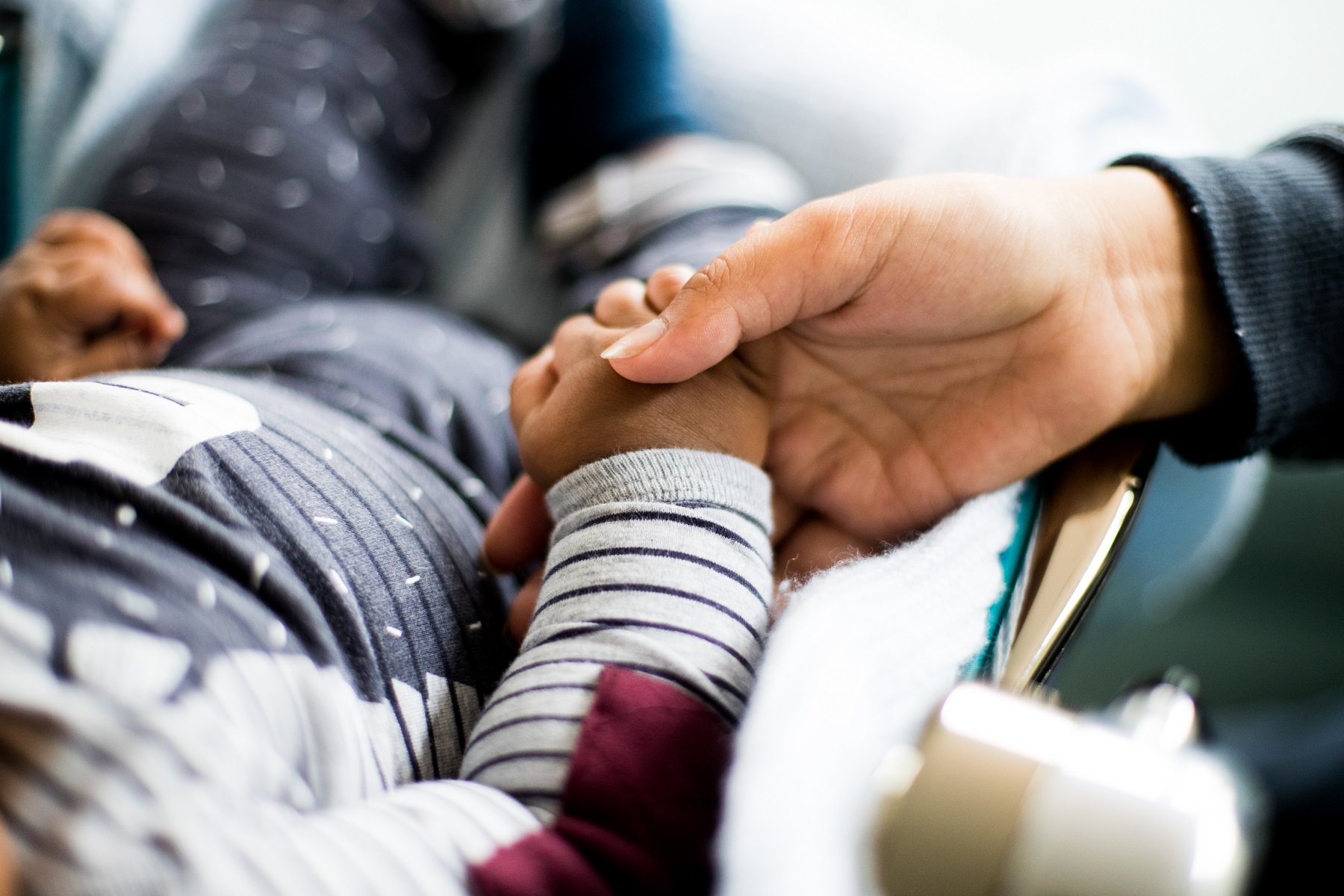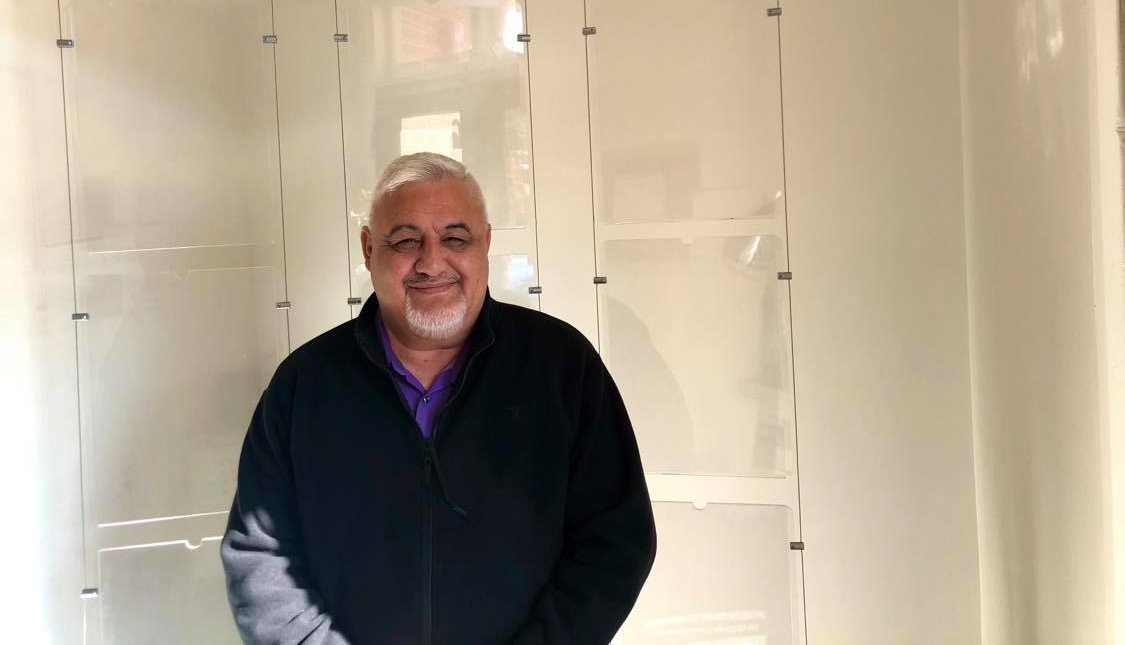Contributions to whānau in the pursuit of mauri ora
Published: August 19, 2020
Five iwi social service providers in Aotearaoa, including Raukawa Whānau Ora Ltd in Horowhenua, are now leading family group conferences for whānau Māori.

In 1989, Family Group Conferences were introduced in Aotearoa New Zealand, to empower whānau, hapū, and Iwi, to make informed decisions about the welfare and wellbeing of their tamariki and mokopuna to ensure the voice of children and whānau were heard.
Oranga Tamariki supports the model of Family Group Conferences (FGC) practice to fulfill that original intent of empowering whānau to make decisions.
One of the steps taken towards this in recent years has been allowing for an iwi-led process.
Iwi-based FGC coordinators
Five iwi social service providers around the country are now providing family group conference services - four for care and protection conferences and one for youth justice conferences.
The iwi provide a unique experience to the family group conference process in their respective areas by utilising their tikanga (traditions) and kawa (values, beliefs) pertaining to their respective tribal boundaries.
This accommodates many whānau Māori and has the potential to lighten the heaviness of this whānau hui. The practice becomes mana enhancing for whānau and kaimahi alike for the most part.
Helping whānau dream and plan
Raukawa Whānau Ora Ltd in Horowhenua is an iwi provider that has been leading Care and Protection Family Group Conferences for tamariki Māori in the area for two years now.
Manager of its He Hikinga Manawa Toiora Whānau Services arm, Tony Iwikau, says their focus is helping whānau to make “their own choices” in the pursuit of mauri ora.
“We are guided by Kaupapa Tuku Iho – our model of wellbeing to help whānau dream, plan, and work toward a future determined by their own aspirations.”

Bringing people together
At Raukawa Whānau Ora, a Family Group Conference Coordinator works closely with a Kairaranga-ā-whānau or ‘Whakapapa Searcher’. They’re expert networkers in the local area, with connections to the 21 marae and 25 hapu.
There is a deep understanding of the history of the rohe, which is important to acknowledge for whānau - recognising their ukaipotanga (connectedness) to this region.
“At times in whānau situations there is separation, so we bring all that whānau together for the fundamental purpose of the FGC - mauri or wellbeing of the child,” says Tony.
They reach out across the country too, and even internationally if needed.
Ensuring whakapapa care
The team is determined to ensure that tamariki live and are supported within their own whānau.
“We talk with whānau about how Kaupapa Tuku Iho framework invites them to participate in the process and the potential benefits for all the whānau,” says Tony.
“Concepts like whakapapa and whanaungatanga, and their kaitiakitanga responsibilities to tamariki offer insights to ways of being and doing as whānau.”
A real-life example
Recently, Tony saw a child walking down his corridor in the office.
“I asked, who does this moko belong to? It was pointed out to me that this moko was the centre of an FGC some months back and is now completely reconnected to whānau and working really well on their plan.”
The whānau were there for their counselling session. In the initial assessments, this moko was identified as being at high risk of being placed in care. The picture in front of Tony was the complete opposite.
“This moko was happy, laughing, being fed by kaimahi who were supporting the kaupapa, while whānau were engaged in therapeutic pursuits.”
“This whānau found ways of being and doing that reflected the process of whānau engagement and the contributions being made in the pursuit of mauri ora.”

